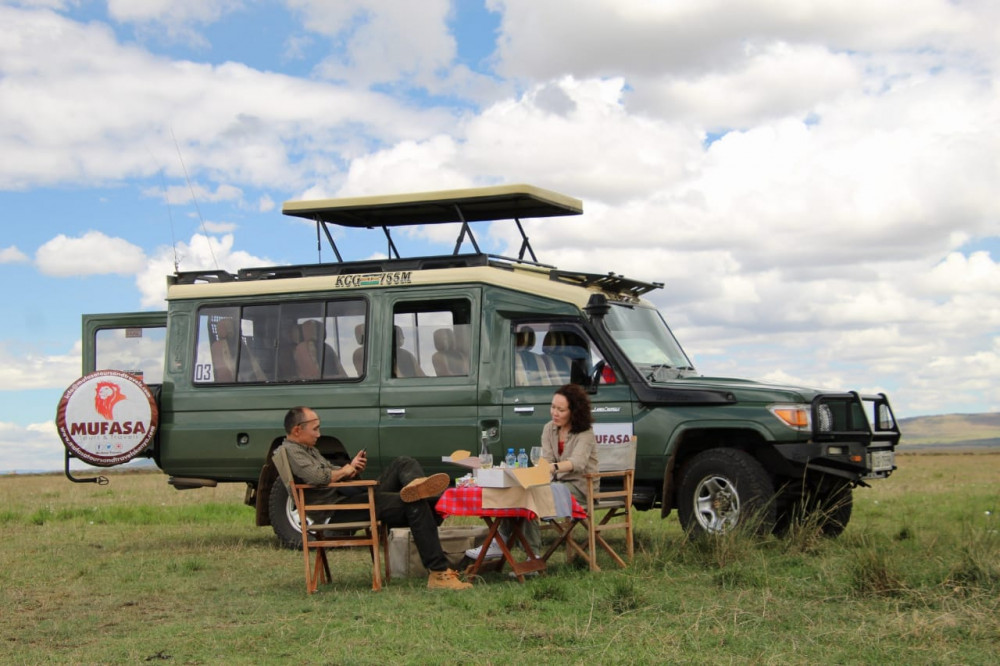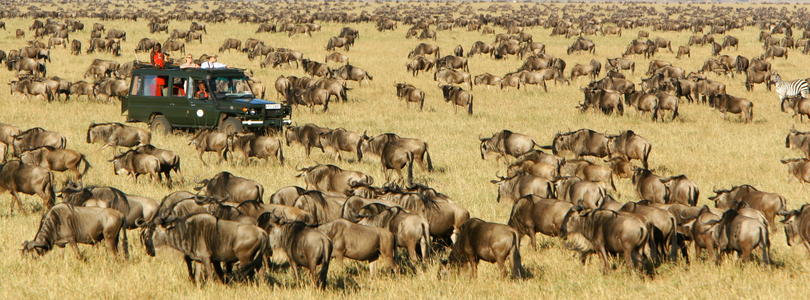Great Tips For Choosing Kenya Mombasa Train
Great Tips For Choosing Kenya Mombasa Train
Blog Article
What Transportation Arrangements Should I Be Aware During My Time In Mombasa?
When planning a holiday in Mombasa, Kenya, understanding the various transportation options is vital for a smooth and enjoyable trip. These are the most important choices for transportation:
1. How to get to Mombasa
Moi International Airport is the primary air terminal for Mombasa. Domestic and international flights are managed by the airport. Mombasa has numerous flights departing from and to major airlines.
by train. The Madaraka Express, operated by Kenya Railways, offers a comfortable, modern rail service that connects Nairobi to Mombasa.
By bus: Many bus companies, such as Modern Coast and Coast Bus, offer services between Mombasa and other major cities in Kenya.
2. Local Transportation in Mombasa
Taxis and ride-hailing services are readily available in abundance. Ride-hailing services such as Uber and Bolt operate in Mombasa and offer convenient options to travel around.
Tuk-tuks : These three-wheeled vehicles are a popular and inexpensive method of transportation within the city. They are suitable for short distances.
Matatus: These are public minibuses that travel on specific routes and are the most common mode of public transportation. They're a low-cost option but they are overcrowded.
Boda-bodas can be found for those looking to move quickly and conveniently, particularly for short distances or in areas that have high traffic.
3. Car Rentals
Self-Drive Car rental is offered at airports and within the city. Car rental firms including local and international, offer a wide range of cars. Be aware of regulations for driving and traffic laws at your destination.
The chauffeur-driven service is available for those who do not want to drive.
4. Ferry Services
Likoni ferry The ferry connects Mombasa island to the southern portion of the mainland city. The ferry is necessary to access the southern beaches. It is free for pedestrians. Vehicles will be subject to a charge.
5. Day trips, excursions and excursions
Tour Operators: Many tour operators offer organized tours to popular tourist destinations like the Mombasa Marine National Park, Fort Jesus, and nearby beaches such as Diani and Nyali. Most of these tours include transportation.
Public Transport: Individual travellers can make use of a matatus taxis and tuktuks to various places of interest.
6. Cycling and Walking
Certain areas provide bicycle rental, particularly along the beaches.
Walking is feasible in certain areas of Mombasa. This includes the Old Town, the Beach Areas, and the Old Town.
7. Travelers’ Tips
Avoid public transportation late at night, and only make use of taxis that you know. Be cautious with your valuables.
Negotiation is required to get taxis and Tuk-Tuks. Since meters aren't common, you will need to negotiate before your trip.
Traffic: Be ready for traffic jams in peak times, particularly in the vicinity of Likoni Ferry and central business district.
You can relax and stress-free holiday in Mombasa by knowing the transportation choices. Have a look at the top rated mombasa watamu snorkeling for blog examples including trip tour companies, mombasa safaris kenya, cheap kenya safari packages, mombasa safari, mombasa tours, africa and safari, kenya holiday packages, tours safari africa, kenya tourism, safari company kenya and more.
What Do Considerations Should I Know Before I Travel To Mombasa, Kenya?
If you are planning a trip to Mombasa, Kenya, understanding the local weather patterns is crucial for packing appropriately and making the most of your trip. Here are some essential factors to consider when planning your trip.
1. Climate Overview
Mombasa enjoys a tropical climate, with all-year-round high temperatures. Expect warm weather, with temperatures ranging typically from 24degC (75%F) to 32degC (90%F).
2. Seasons
Hot and humid season (November toApril): During this period the temperature is high and humidity high. It's also a crowded tourist season, particularly during December and January.
Long rains (April to June) The rainy season can bring torrential rainfall, and occasionally thunderstorms. It is sometimes difficult to drive on muddy roads. It is the time of year when tourism is at its lowest. for tourism.
Cooler Season (June through October): This is the most pleasant time to visit, with less humidity and lower temperatures. The weather is generally comfortable and suitable for outdoor activities.
Short Rains (October-November): This period is marked by shorter, less intense showers of rain. The rains are usually brief-lived, and then followed by a bit of sunshine.
3. Tips for packing
Wear lightweight, breathable clothes such as linen or cotton to keep cool during hot weather.
Make sure you have rain gear in case you are traveling in the rainy season. It includes waterproof clothing as well footwear.
Sun Protection: Sunscreen that has high SPF and a wide-brimmed hat sunglasses, and clothing that cover your skin will aid in protecting your skin from the harsh sun.
Swimmingwear is important for the beach and the hotel pools.
4. Weather-specific activities
Beach Time: The ideal time to visit the beach is from June until October during a time during which the weather is good and the conditions for swimming are favorable.
The crystal clear, calm waters from November through March is the perfect time to snorkel or diving, as well as other water sports.
Wildlife watching: The cooler temperatures (June through October) is a great time to go on safaris or go on wildlife excursions.
5. Health Considerations
Hydration is crucial during this humid and hot weather. Drink a lot of water if you are planning to spend time outdoors.
Heat-Related Illnesses: Be aware of the dangers of heatstroke and exhaustion. Wear loose clothing and take breaks in the shade and stay away from strenuous exercise during peak temperatures.
6. Adjustments to Travel
Rainy Season Travel: Be ready to deal with delays in travel and interruptions when you travel during the rainy season. There may be instances where roads are impassable and outdoor activities may be restricted.
The rainy season can sometimes cause flight delays. Plan your trip ahead and be aware of delays.
7. Environmental Concerns
Natural Risks. Be aware of the dangers of flooding when rains are heavy. Stay up-to-date with the weather and adhere to the safety tips of your local area.
Tide Awareness: If you are planning activities at the beach be aware of the tides that can change dramatically. Look up local tide charts to ensure safe swimming, beachcombing and many other activities.
Understanding these weather considerations will allow you to plan your activities and pack accordingly, so that you can enjoy your trip in Mombasa safely. Have a look at the best Sgr transfer to Mombasa Airport for website info including safar kenya, afri safari, tour agents in kenya, trip tour companies, tours safari africa, mombasa tour packages, travel tour companies, mombasa tours, kenya safari holiday packages, kenya safari holiday packages and more.
What Environmental Obligations Should I Be Aware Of When I Am On My Time In Mombasa Kenya?
It is essential to be environmentally responsible while on vacation in Mombasa. This helps preserve the beauty and diversity of this region. Here are a few important environmental obligations to be aware of:
1. Sustainable Accommodation
Eco-friendly Hotels: Choose hotels that are committed to sustainability. Look for eco-labels and certifications like Eco-Tourism Kenya.
Take part in the hotel's initiatives to conserve water. Recycle sheets and towels, and switch off lights and air conditioning when they're not being utilized.
2. Responsible Monitoring of Wildlife
Respect wildlife. Maintain a distance from wildlife to ensure that you do not disrupt them. Follow the directions of your tour guide.
Avoid Feeding Animals: Feeding wildlife can alter their natural diet and behaviour.
Leave No Trace: Do not litter around wildlife reserves or parks. Remove all trash and dispose of them properly.
3. Plastic Reduction
Avoid plastics with single-use. Keep a water bottle that is reusable or shopping bag as well as tools.
Participate in Local Initiatives - Take part or help local beach cleaning initiatives and other organizations working to reduce the waste of plastic.
4. Water Conservation
Mombasa has water scarcity. Take shorter showers and shut off the faucets when you are not using them.
Eco-friendly Products: Use products that are biodegradable, eco-friendly and can help minimize water pollution.
5. Energy Conservation
Reduce energy consumption - limit air conditioning use and unplug electronics when they are not in use.
Support Renewable Energy Select accommodations and tour operators that use renewable sources of energy.
6. Sustainable Transportation
Public Transport: Make use of public transportation, such as buses and matatus, when possible to reduce the carbon footprint of your trip.
Eco-Friendly Options: Consider renting bikes or walking short distances. Some areas offer ecofriendly tuktuks.
7. Supporting Local Business
Buy local: To support the local community, buy souvenirs, crafts and food from local stalls.
Fair Trade: Buy items that are certified fair trade so that local farmers are fairly compensated.
8. Environmental Education
Learn and discuss. Inform yourself about local conservation efforts, as well as the environment. Do share what you've learned to help raise awareness.
Respect local cultures: Learn about and accept local customs and traditions related to conservation of the environment.
9. Marine Conservation
Responsible Snorkeling and Diving Don't touch or step directly on coral reefs. Make sure to protect marine life with sunscreen that is safe for reefs.
Don't dispose of waste in the ocean. Join or help support programs to protect marine habitats.
10. Ethical Souvenirs
Avoid Wildlife Products Don't buy items that are made from endangered species, like ivory and tortoiseshell.
Sustainable Materials: Select products made of recycled or sustainable materials.
11. Participate in Conservation Activities
You can consider volunteering for community tourism or conservation projects.
Support local conservation groups and NGOs that work to protect the environment.
12. Responsible Travel Practices
The size of the group: Traveling in small groups will minimize the impact on the environment.
Eco-Tours: Select tour operators that follow eco-friendly practices and have a commitment to sustainable development.
You can help preserve Mombasa’s natural resources by keeping your mind on these environmental obligations. This will ensure that the beauty of the region and its diversity are protected for future generations. Read the recommended kenya mombasa train for more info including tours safari africa, kenya mombasa holiday packages, safari tour, kenya tours, mombasa tour companies, african safari tours, mombasa packages, tours safari africa, kenya safari and beach, facts about kenya and more.